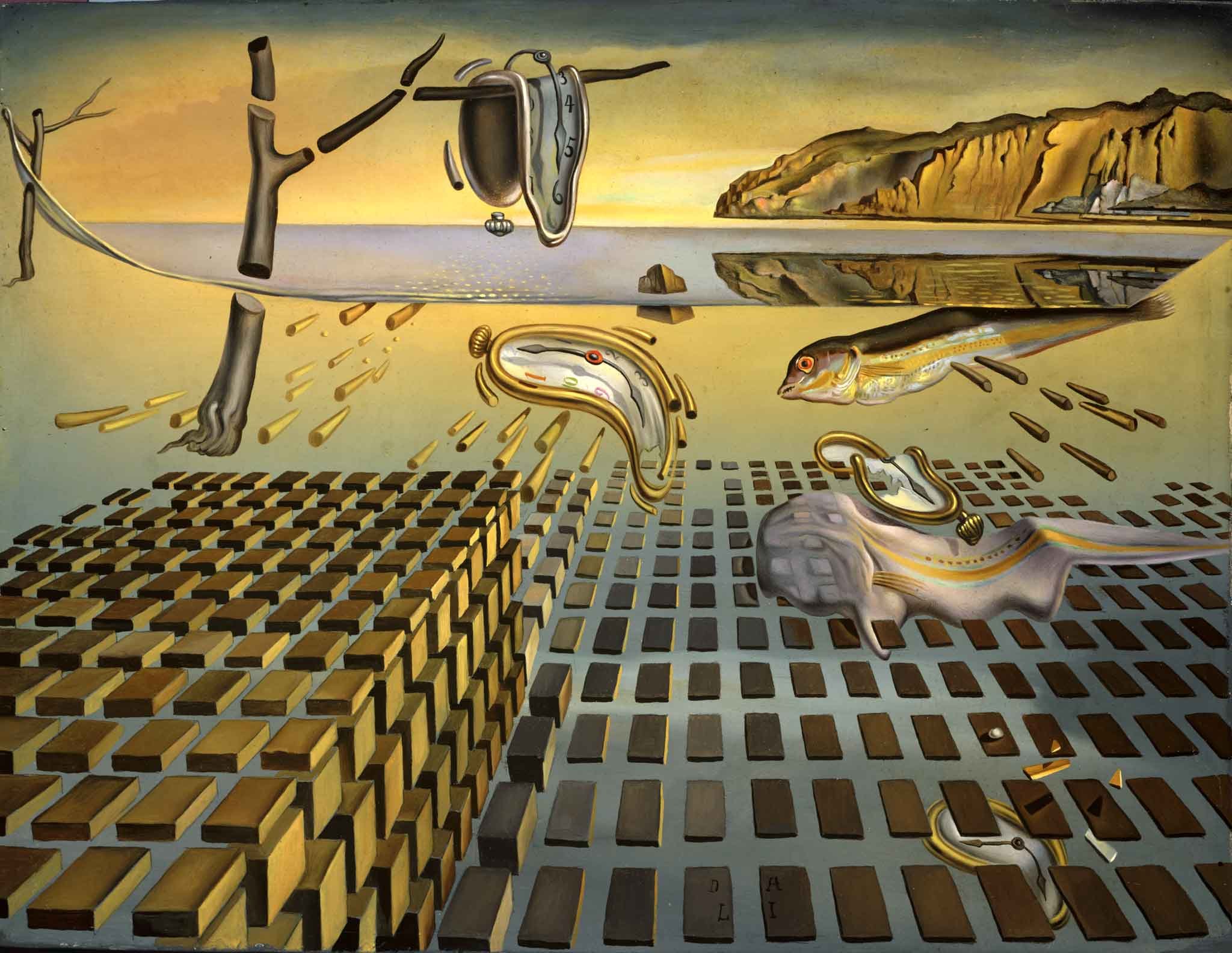Sense of Mind
Cultural sociologist Rev. Dr. Tony Tian-Ren Lin talks to José Pérez on his finding poetry in prison, and why he now advocates for the rehabilitative arts and foster children
La persistance de la mémoire [The Persistence of Memory] (1931) by Salvador Dalí; oil on canvas, 9 1/2 x 13". © Salvador Dalí, Fundació Gala-Salvador Dalí , Figueres, 2007 © 2006. Digital image, Museum of Modern Art (MoMA), New York/Scala, Florence
“The arts is where we find our humanity,” says José Pérez, who spent 20 years in prison and now advocates for the rehabilitative arts and foster children. He credits poetry, and the arts in general, with transforming his life. “Our art comes from us. It comes from the deepest parts of ourselves,” he tells cultural sociologist Rev. Dr. Tony T. R. Lin. “And when [our art] goes into the world, you know, it's like you're sharing yourself with someone.”
In this episode of OP Talks, Pérez also reads three of his poems, part of a larger collection previously featured on HTI Open Plaza. The episode opens with “Sense of Mind,” a poem Pérez calls a prayer. First incarcerated at age thirteen, then a second time at sixteen, he describes his mindset then: "I thought in my head—in my immature and my young mind—I thought that I was going to spend the rest of my life in prison. Little did I know that that poem was like a prayer. That was like God’s gift."
Pérez left prison with a calling to help advocate for rehabilitative arts programs in prisons. He also advocates for children and teenagers who, like him, grew up in the foster system. “I'm speaking to that right now, being proactive and being able to affect change in that community,” Pérez tells Rev. Dr. Lin. “The poetry, for me, [is] not just about the words; it's also about the action.”




